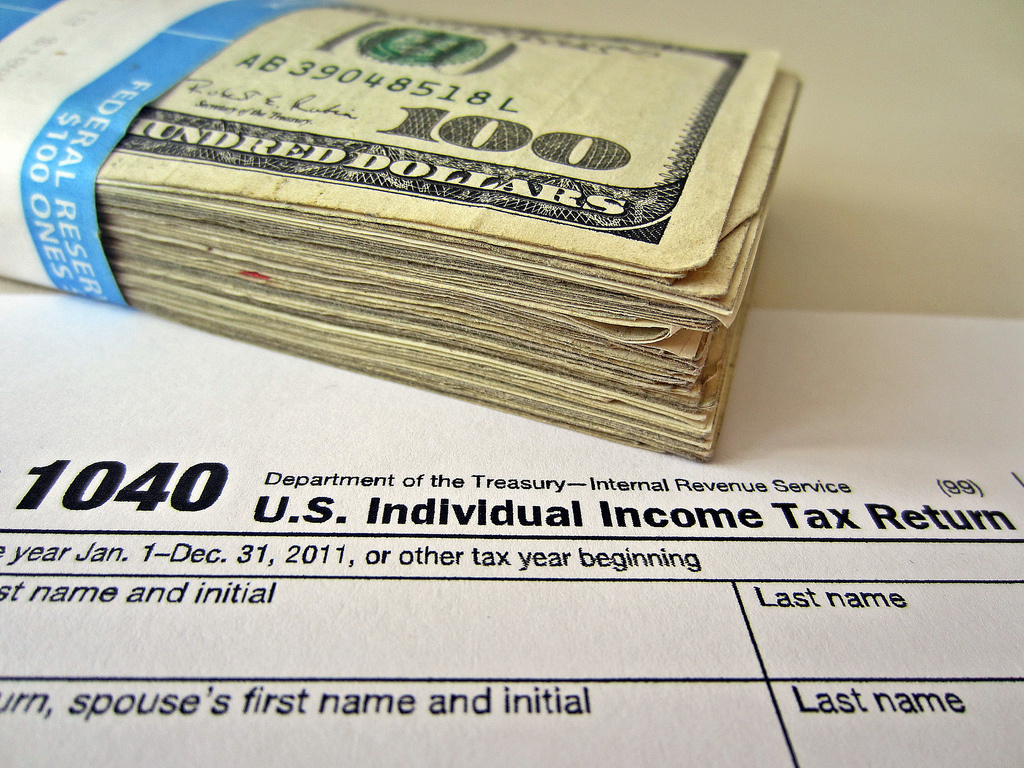North Korea, Listen to Pence’s Hard-Line Message
(South Korea) on 17 April 2017
by (link to original)
The North Korean issue was discussed in depth at the U.S.-China summit held earlier this month. It is reported that President Xi Jinping requested flexible responses from the United States, and observers have said the United States may save China’s face by taking a more relaxed stance towards North Korea. However, Vice President Pence showed yesterday that his determination to pressure North Korea was stricter than ever. “If China is unable to deal with North Korea, the United States, and our allies will,” he remarked. He basically warned China that if they do not properly deal with North Korea, the United States is going to take unilateral action.
From what was announced yesterday, our biggest takeaway was the issue with the high-altitude missile defense (THAAD) system. This is because the White House aide who accompanied Pence created confusion with his remark that the THAAD placement is a matter to be decided by the next administration in South Korea. Pence responded to the controversy by saying there had been no policy change with the THAAD deployment; that "We have agreed to further strengthen the readiness posture of [the] ROK-U.S. alliance that matches the threats posed by North Korea through a swift deployment of THAAD."* In times where the international community is pressuring North Korea, we were pleased by the United States’ reaffirmation of the ROK-U.S. alliance.
Kim Jong-un’s regime should not think it is off the hook just because the U.S., which has mobilized three aircraft carriers to block North Korea's nuclear testing, has refrained from taking military action for now. They let it go this time, but no one knows what hardline measure the Trump regime will take if North Korea further provokes the international community. The United States could pressure China to lock down the oil pipeline that is the lifeline of the North Korean regime. For them to think that the “brinkmanship” technique they have been using till now is going to work with the Trump administration is a misunderstanding and a miscalculation. It looks as if the United States has already put up with enough and will never accept a promise without actions. There is no other way for North Korea to survive than to denuclearize.
South Korea also should not let down its guard just because Vice President Pence reaffirmed the ROK-U.S. alliance. The cold truth in today’s international society is that a nation’s top priority is its own national interests. The United States and China can use the THAAD any time as a negotiation card for their own economic benefit.
The White House chief of staff’s comments about the THAAD may have been deliberate. There are signs that the exchanges between the U.S. and China may eventually alienate South Korea. In order to prevent such unfortunate circumstances, our diplomatic security should always be on guard.
*Editor’s note: This statement was actually made by South Korea’s acting president Hwang Kyo-ahn.

